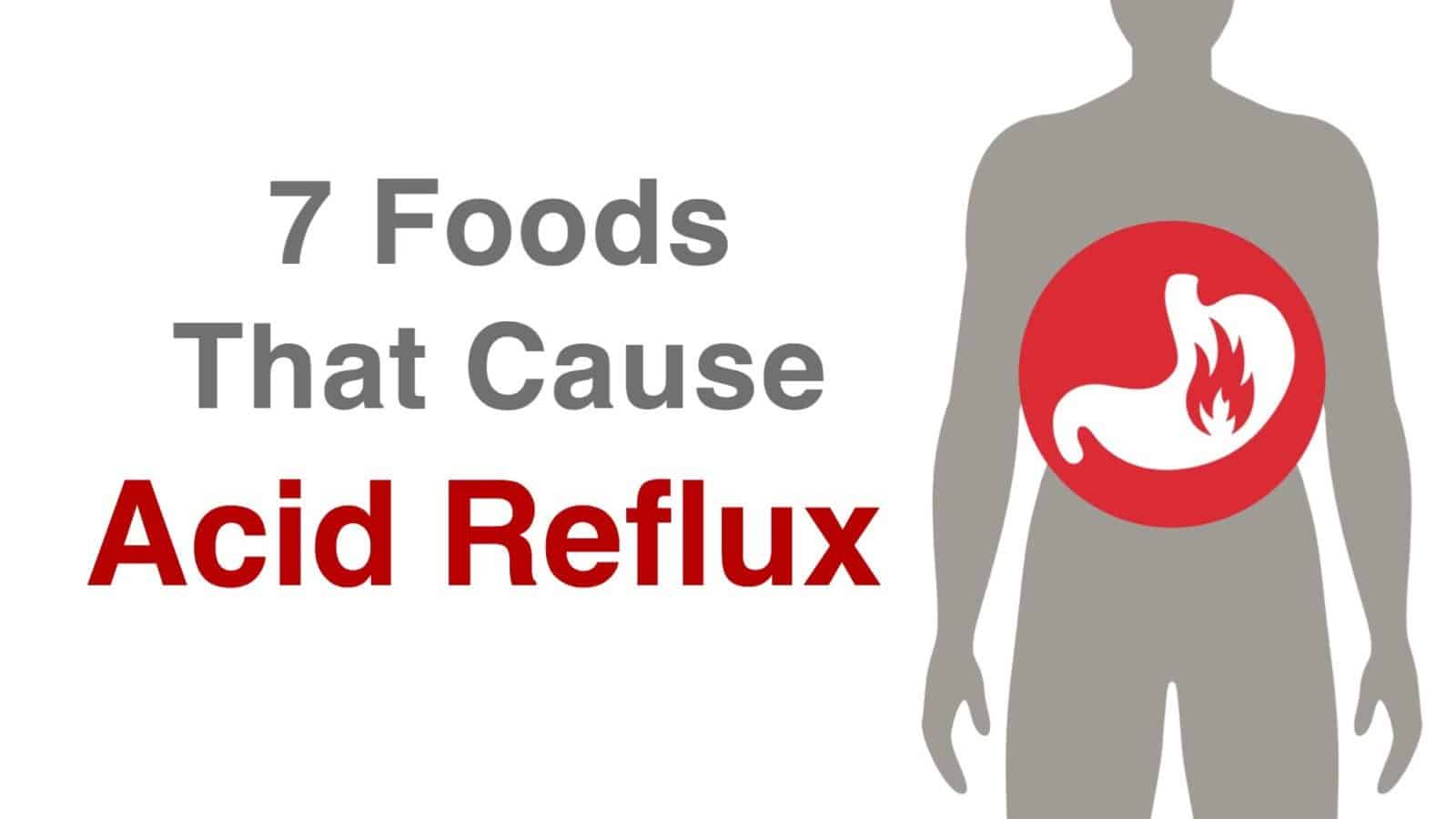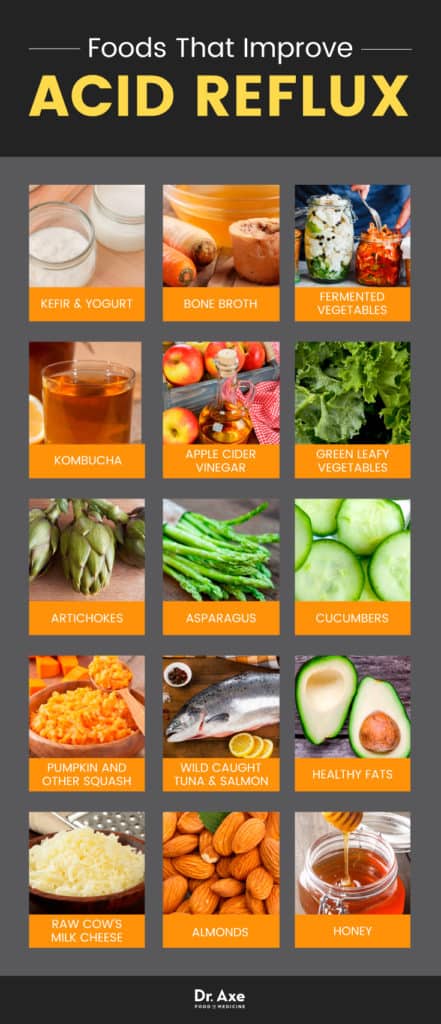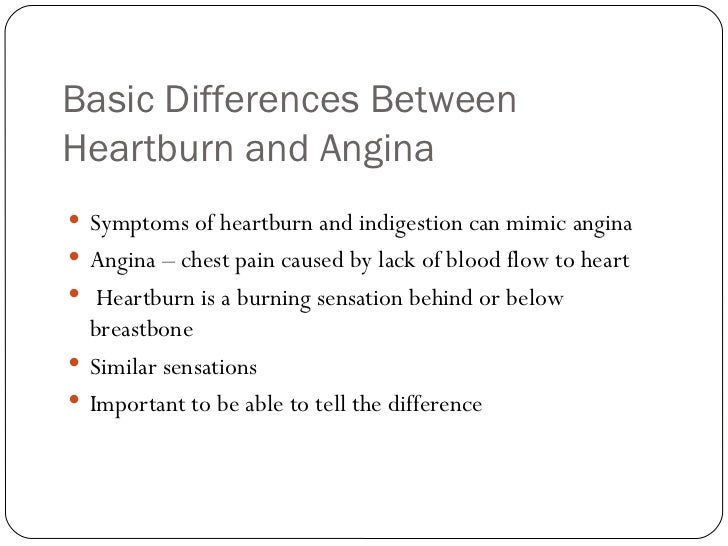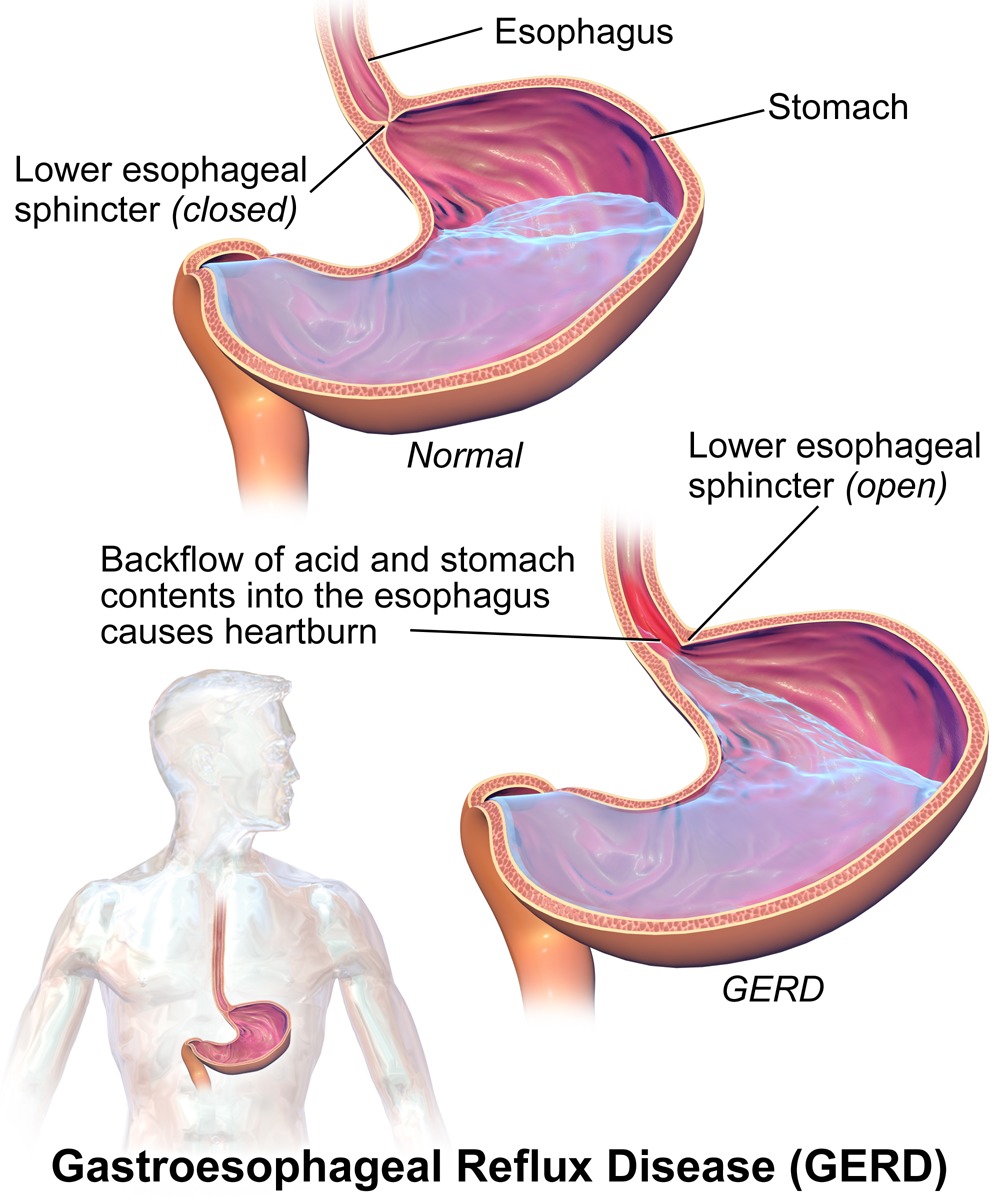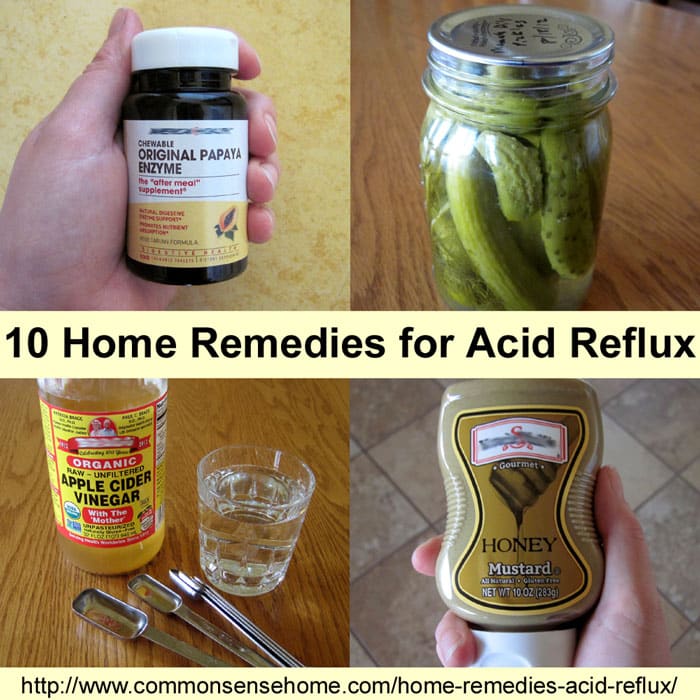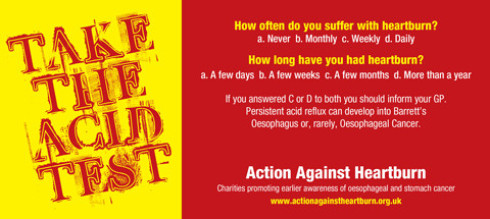Learn How To Better Deal With Acid Reflux
Not many things feel worse than symptoms of acid reflux. The terrible pain and burning can drive anyone crazy. If you suffer from acid reflux, you aren't alone, as many are affected by it. You do not have to sit back and let it take over, you can stop it.
There are some foods which people who suffer from acid reflux must avoid. These include high-fat foods, alcohol, drinks with caffeine, anything with mint in it, chocolate, citrus, anything with tomato in it, foods with spices in them, peppers, garlic, carbonated drinks and onions. You may find your acid reflux flares with many other foods as well, so make a list.
When you find you have acid reflux overnight, raise the head of your bed up at least six inches. This will keep your esophagus angled downwards, ensuring that acid stays in your stomach and doesn't try to creep back up towards your throat. If six inches doesn't help, try eight instead.
To help avoid acid reflux, take your time and chew your food slowly. This technique helps you to avoid overeating. When you overeat, food is pressed in the top of your stomach; thus, it allows stomach acids to build up in you esophagus. For best results, eat small meals often.
Turn to aloe vera juice for a soothing way to heal the damage acid reflux can cause. It reduces inflammation in the esophagus and the lining of the stomach itself. All you need is a half a cup before a meal to aid in your digestive regeneration, but remember that it is also a laxative!
Try eating your meals slower. Due to the extremely fast-paced world we live in, we tend to always be in a hurry. This carries over to our eating, causing us to eat way too fast. This increases the odds that we will overeat, which can cause acid reflux. Instead, take your time while eating. Thoroughly chew your food, and put down your fork after every few bites. Stop eating once you feel comfortable, not stuffed.
While vinegar tastes great on salads or french fries, anyone with acid reflux should avoid eating it. Vinegar, along with citrus fruit and tomatoes, is high in acid, and the more acid you eat, the more acid will return up your esophagus and cause you pain and discomfort after meals.
Avoid eating spicy foods including those with hot peppers in them. These foods can lead to painful acid reflux after eating, so not eating them can easily remedy your discomfort. Instead, focus on spices which don't lead to pain, such as cinnamon or herbs. They taste great and leave you comfortable post-meal.
Be sure to savor your food. Don't eat too much at one time. It may help your condition to eat smaller meals instead of eating until you are completely full. Make sure you taste every bite of your food and don't rush the process. When you eat too fast or continue eating when you feel stuffed, your symptoms will become worse. One way to really slow things down is by placing your fork on the table after each bite.
Limit your alcohol intake if you are suffering with acid reflux issues. Alcohol can cause more acid to be produced in your stomach. Be sure to limit alcohol consumption to two or fewer drinks per day. Choose your drink with care to avoid acid reflux.
If you enjoy vigorous exercise, try to avoid participating in activities immediately after a meal. While some exercise is essential to avoid acid reflux problems, vigorous exercise can upset your digestive system and bring about reflux. Try to space your meals and exercise at least forty five minutes apart, or enjoy less intense exercise immediately following a meal.
You may find spicy foods to be tasty, but if you have acid reflux disease, you need to stay far away from them. The spiciness causes the stomach to produce too much acid, which of course, triggers acid reflux. If you refuse to give up spicy food, at least limit your intake.
Some foods are probably triggering your acid reflux more than others. You should keep track of what you eat to find out which foods trigger your acid reflux the most. Once you get a better idea of which foods you are the most sensitive to, avoid them as much as possible.
Lose weight if you are overweight. Extra pounds really are responsible for a lot of acid reflux. Additional pressure is put on your stomach when you are overweight; therefore, acid reflux is more likely to occur. Losing a little bit of weight can really help to give you some much needed relief.
Avoid lying down after you eat for at least two hours. Instead, get up and walk around to help your digestive tract work properly. The first two hours after eating is the perfect time to do the dishes, clean the house and go for a walk. Additionally, if your acid reflux flares up while you sleep, use risers to slightly elevate the head of your bed to help avoid stomach acids from going into your esophagus.
One of the most important ways to help reduce acid reflux is to make sure that you are not overweight. Excess pounds can increase pressure on the stomach, causing the LES (lower esophageal sphincter) muscle to relax and allow reflux into the esophagus. You can control the risk of heartburn just by losing some weight.
Consume peppermint if you are trying to reduce the severity of your acid reflux symptoms. Peppermint can give you a cooling sensation and help you to feel comfortable when you are experiencing your pain. You can get peppermint in supplement form or simply add it to the meals that you consume.
Acid reflux pain should not be taken lightly, so don't delay in addressing it. Though you may feel bad when it happens to you, the effects are even worse in the long run if you leave it alone. But you are capable of stopping it. Use the information that you read in this article and relieve the debilitating symptoms of acid reflux.




